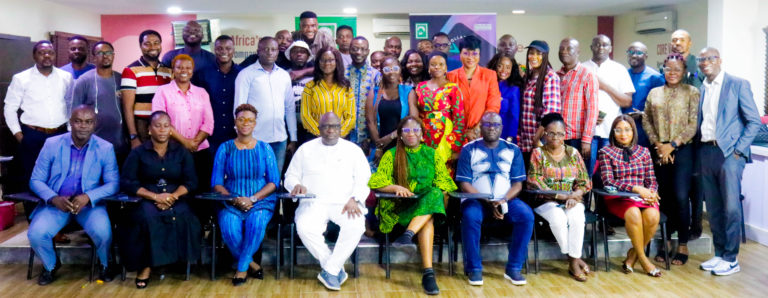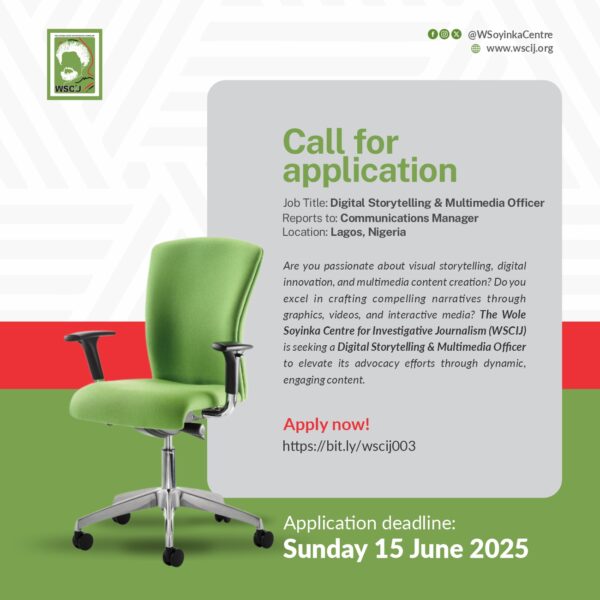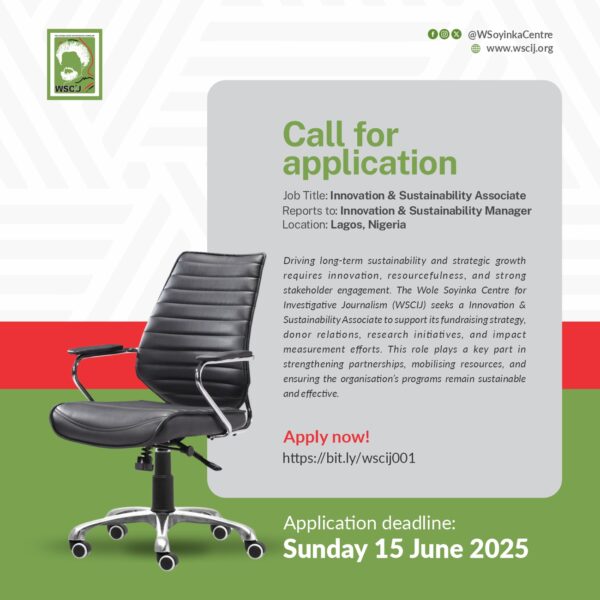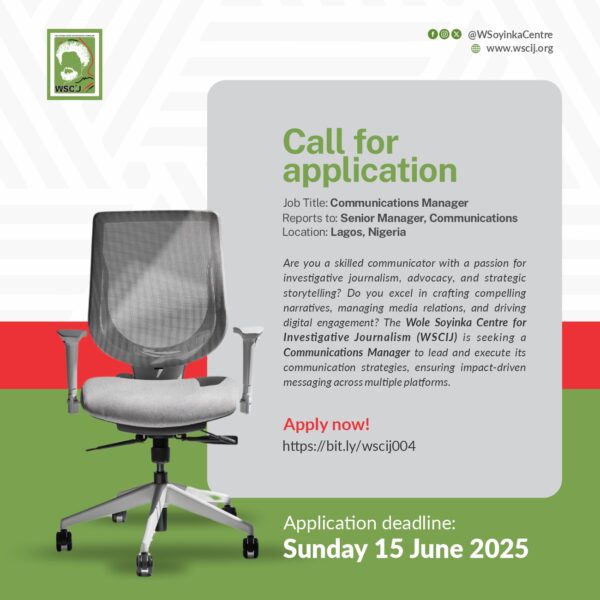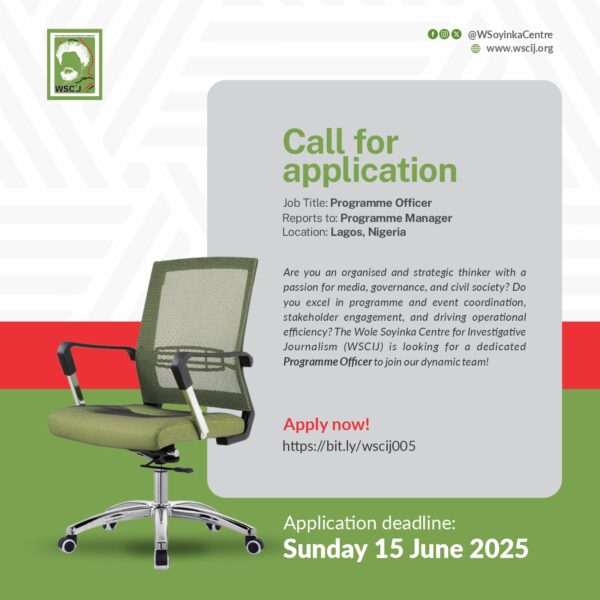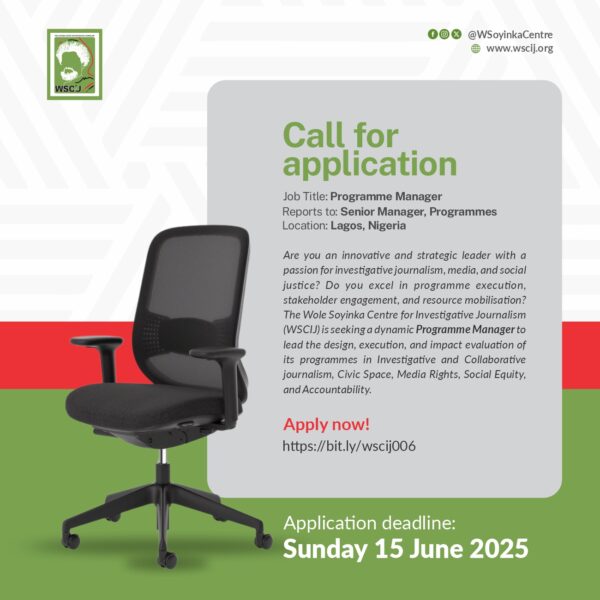The media is crucial for uncovering corruption and highlighting the fragility of the country’s security challenges inimical to national development. By employing investigative journalism, journalists can accelerate national progress by focusing on happenings at the subnational level of governance and in the private sector. These were some of the points raised by experts during a visit to TVC News as part of the Wole Soyinka Centre for Investigative Journalism’s (WSCIJ) House-to-House initiative, which aims to promote investigative journalism under the Collaborative Media Engagement for Development Inclusivity and Accountability (CMEDIA) Project.
The WSCIJ team, led by Motunrayo Alaka (Executive Director/CEO), included ‘Dapo Olorunyomi (publisher and editor-in-chief of Premium Times), Professor Abigail Ogwezzy-Ndisika (Technical Adviser on the CMEDIA project), and Deji Bademosi (MD/CEO of TV360).
During the visit, Badmus emphasised that the media should not settle for routine reporting but pursue impactful stories while utilising open-source tools for data and information verification, especially in an era of deep fakes, misinformation, and fake news. The experienced journalists argued that simply reporting events might not provide reporters with a competitive edge, urging them to go the extra mile. The three-time Wole Soyinka Award for Investigative Reporting (WSIAR) winner in the television category noted that despite its challenges, television remains the most powerful tool due to its audio-visual qualities, making it highly effective for compelling storytelling. In the face of scarce resources, some management of media organisations sees investigative desks as a waste; however, he advised that to establish a distinct identity and engage in impactful journalism, media outlets must prioritise investing in investigative journalism desks. Expanding on the advantages of investigative reporting, Badmus explained that media can leverage their acceptance and traffic attracted to generate revenue through subscriptions and advertisements. He stressed that journalists must be passionate to prevent the loss of interest when faced with resistance in the line of duty.
Olorunyomi, another prominent figure in Nigerian investigative journalism, emphasised that journalism would be counterproductive if it failed to convey people’s everyday experiences at the state and local levels. He highlighted the role of the media in holding governments accountable through investigative journalism tools specifically designed to address social issues. Olorunyomi emphasised that the media also serves as an intermediary between the government and the people, conveying their demands and expectations. He further explained that the emotional journey of a story significantly influences its impact on readers. For effective reader engagement, he challenged investigative reporters to capture the struggles and challenges of their subject matter.
In her remarks, Alaka stressed the importance of the media paying attention to events at the subnational level of governance. She said journalism must also be local to accelerate development. Alaka believed journalists should produce at least two investigative reports annually and encouraged TVC to establish a dedicated investigative journalism desk. Furthermore, she called on media organisations to lead in training and empowering journalists. Ogwezzy-Ndisika, Technical Adviser on the CMEDIA project, expressed optimism about TVC’s eagerness to establish a dedicated investigative journalism desk. She assured TVC of the center’s technical and financial support under the CMEDIA project. Kayode Ladeinde, Executive Editor, thanked WSCIJ for bringing the IJ gospel to TVC News as he promised that the management will work closely with WSCIJ to address the dearth of investigative reports within the Nigerian media space.
The WSCIJ team also included Samson Ademola (Programmes and Research Officer), Hope Nwadiwe (Administrative Officer), and Afolabi Oni (Communication Officer).

